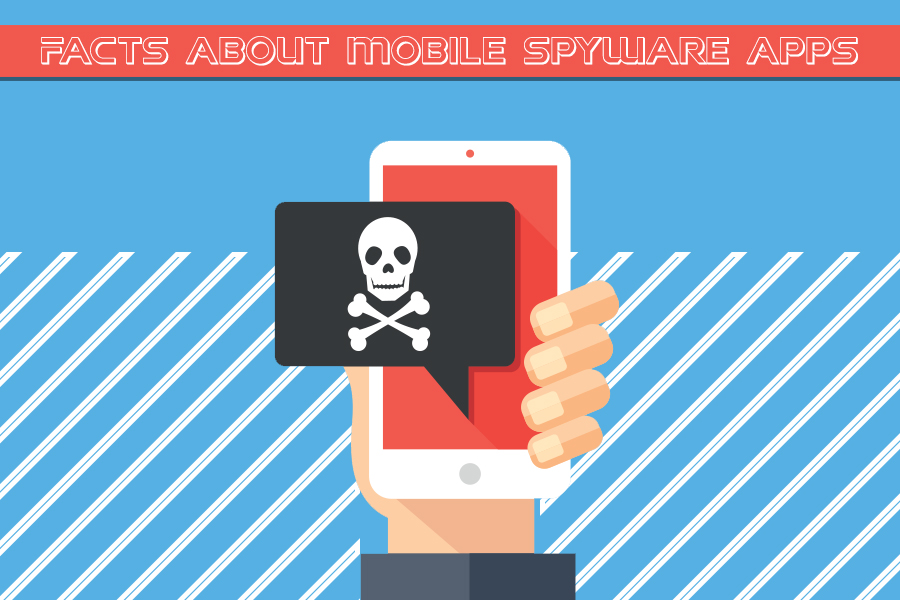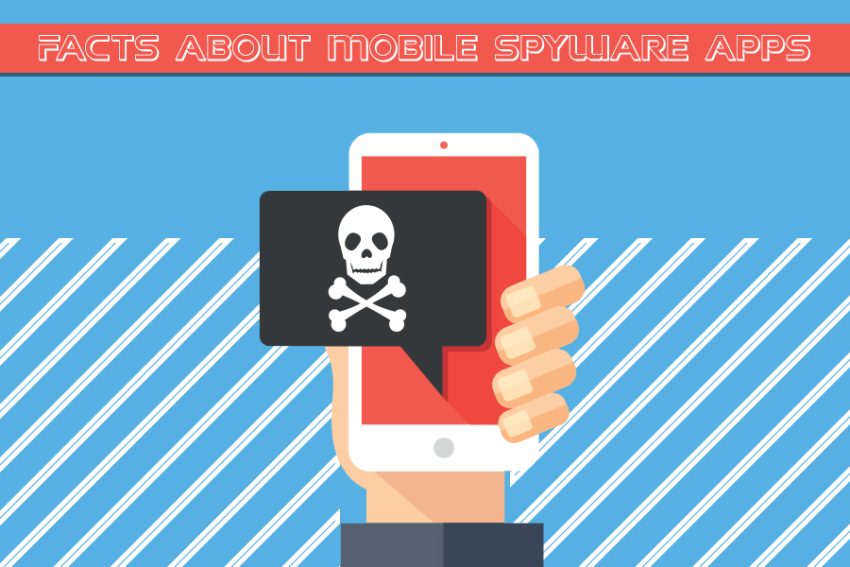Approved: Fortect
You should read these reproduction techniques when you get interesting facts about spyware error messages. Spyware is an unwanted desktop tool that infiltrates your computer device and steals your Internet usage data and confidential information. Spyware is classified as a type of spyware – malware designed to scan or damage your computer, often without your knowledge.
Spyware is usually unwanted software that infiltrates your computer device and steals your Internet connection and confidential information. Spyware is generally classified as a type of malware – malware designed to access or damage your computer, often without your knowledge.
When was spyware created?
Many internet operators first encountered spyware in 1999, when a popular free software competition called Elf Bowling began, alongside tracking software. Adware is almost always reported by anti-malware programs, whether or not the program is destructive noy.
If you haven’t lived on the planet for the past five or so years, you’ve probably heard of spyware, and I hope you take precautions to avoid infecting your computer. But did you know that the precautions that owners take to protect your PC can be ineffective? Here are ten of my top spyware facts – some of them may bother you!
What is the most common spyware?
CoolWebSearch (CWS) CoolWebSearch can capture any of the coupons: web search, home page and other Internet Explorer settings.Alligator (BOOST)180 ScientificYour employee.Istbar / update.Transponder (vx2)Internet optimizer.BlazeFind.Hot as hell
1. According to the results of an audit conducted by Webroot Software in 2006, 30 adware programs are installed on a typical home PC. The types of infections range from harmless adware to malicious system advertisements and Trojans. Adware is programs installed inside programs that display ads. System monitors are indeed much more malicious and track a user’s personalized Internet activity and capture personal facts and policies. Trojan horse is the name given to harmsoftware that, while harmless in itself, is beginning to portend the way for more malware to be installed. Webroot Software determined that an average of 30 spyware consisted of at least 1 performance monitor and 1 Trojan horse.
2. Criminals can find out your identity in just a few clicks. Spyware can collect comments and any personal information about itself, including credit card numbers, bank details, usernames and passwords. According to the Identity Theft Resource Center, 13.3 people are affected every minute in the United States. While not all types of spyware are associated with spyware, it is still the last daunting idea that it can happen so easily when your computer gets infected with this type of malware in combination with it.
What can spyware do?
Spyware can collect almost any type of data, including policies and personal information such as Internet browsing habits, customer communications, and bank or credit information. Spyware can also compromise a particular user’s control over a computer, essentially by installing additional software or redirecting planetary browsers.
3. Spyware can slow down your computer. Each computer has a limited amount of system resources. Every time a different software is launched, the computer has to give up more and more resources for outsourcing. Malware infection leads to longer boot processes and an overall decrease in the performance of a person’s computer.
Approved: Fortect
Fortect is the world's most popular and effective PC repair tool. It is trusted by millions of people to keep their systems running fast, smooth, and error-free. With its simple user interface and powerful scanning engine, Fortect quickly finds and fixes a broad range of Windows problems - from system instability and security issues to memory management and performance bottlenecks.

4. Spyware can significantly slow down your internet connection. All internet connection has a limited data transmission usage that it can transfer in every case. All spyware programs interact with the Internet using a portion of your messages sent over the Internet. The more spyware, the more opportunities for Internet communication and the less space on your Internet connection for our own use.
What are some real world examples of spyware?
Spyware is divided into four types: adware, system monitors, tracking, and web tracking and Trojans; Examples of other major notorious types are home phone operations, keyloggers, rootkits, and digital rights management beacons.
5. Spyware will turn you into a spammer. Some will be able to download spyware or other software that might send spam to their PCs. In some cases, this can lead to a complete blocking of your Internet connection if your ISP is tracking spam in order to contact you.
6. Spyware can easily be installed on your computer without your knowledge. In some cases, only a smallA lot of spyware can lead to a very large number of others, as the initial infection is silently downloaded in addition to installing other malware in the background.

7. Spyware can allow cyberpunks to take over your computer. Some guys install a backdoor on your computer, which most likely allows someone outside your home to access your computer over the Internet and gives you complete control over how it is used. After that, your computer can turn into a “zombie” sending spam, Trojans and computer viruses.

8. Some spyware removal applications install spyware. Why would they do this? To hide from your own monitoring software. I think about it. You install the appropriate anti-spyware program to protect yourself from spyware. The fake spyware will scan your computer for all spyware except its own top secret authorized list. х spyware. They think it works well and looks safe when using your PC, while Secret Spying is almost always software that spreads spam or tracks your usage by targeting personally identifiable information. Visit spywarewarrior.com to get your own list of fake spyware removal software.
9. The best anti-spyware program is found in 90% of spyware. Check out a specific overview of the anti-spyware software on each PC. And in the logs, you will find that no software associated with them detects more than 90%, so most cannot remove more than 80%. Don’t be fooled by the fact that anti-spyware should never be used, after all, 90% would be much better than 0%, which would be a detection rate without anti-spyware.
10. Many computer users resort to wiping their computers and reinstalling everything thatto protect your system from spyware. While it does its job, it won’t protect your life from re-infection and can be a waste of time or lead to the loss of important data. Once the system is up and running again, it may take just a few minutes to re-infection.
What should I know about spyware?
Spyware is a type of malware that monitors and monitors the activity of your device and the Internet in order to collect information for third-party functions. It works underground or connects to the human operating system. Thus, you hardly know they are there.


